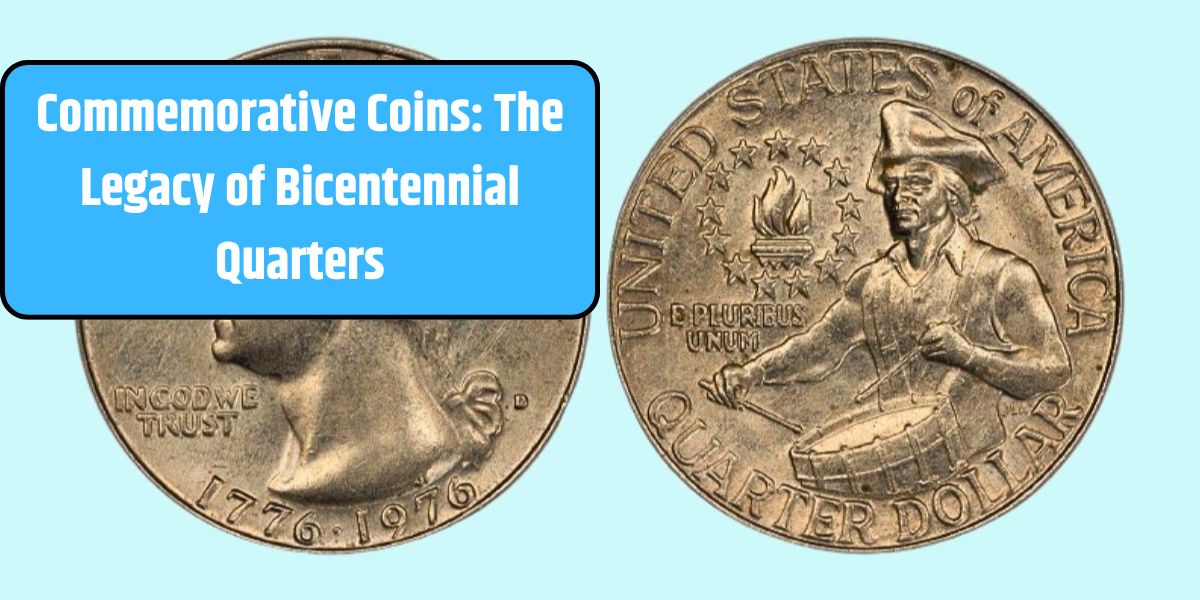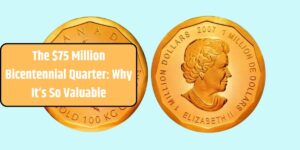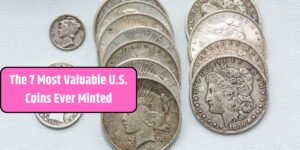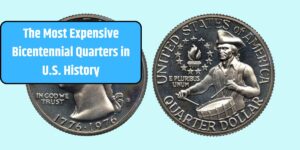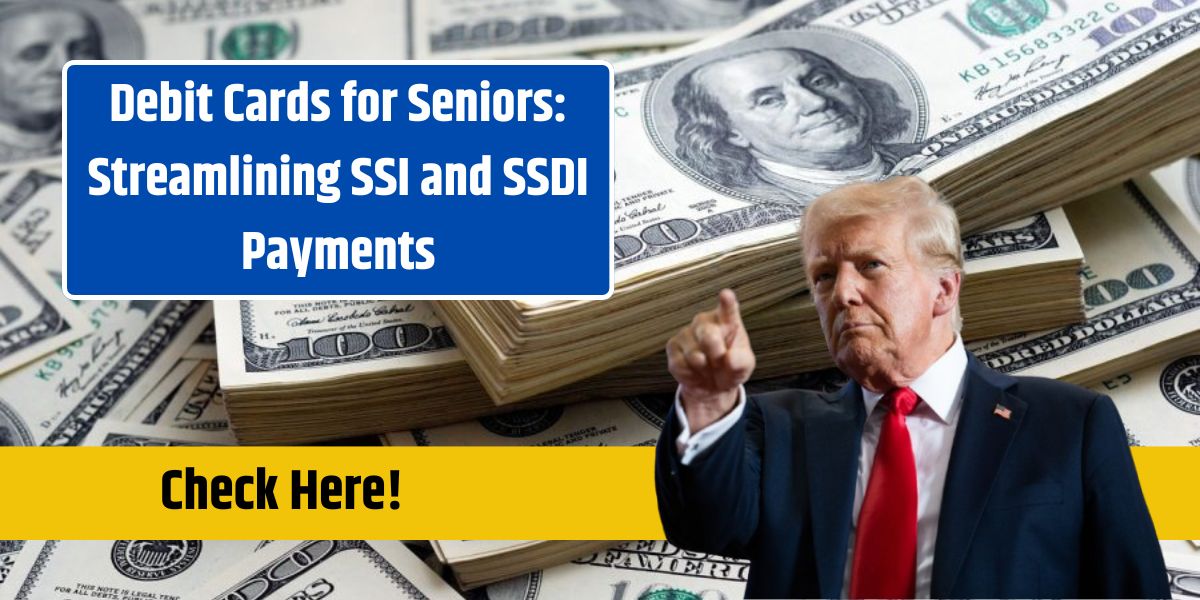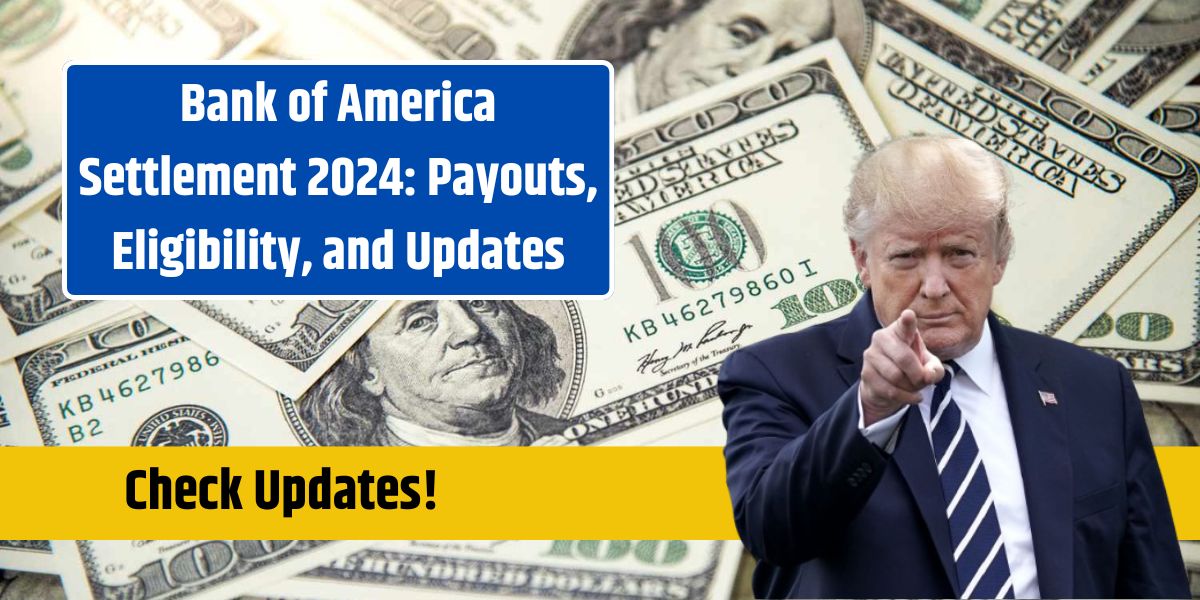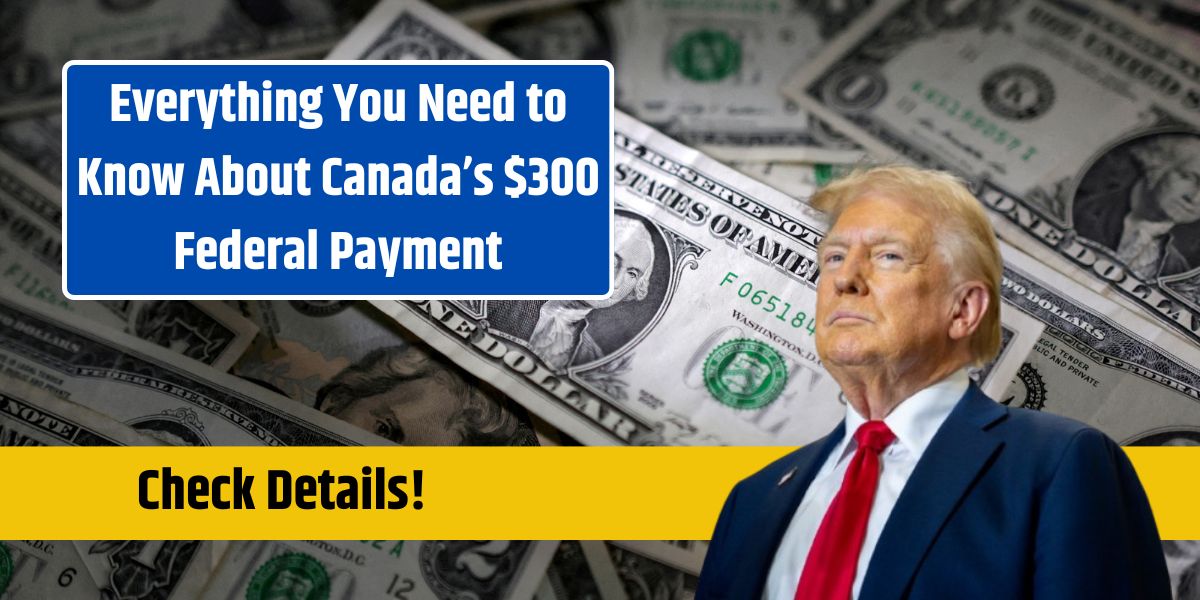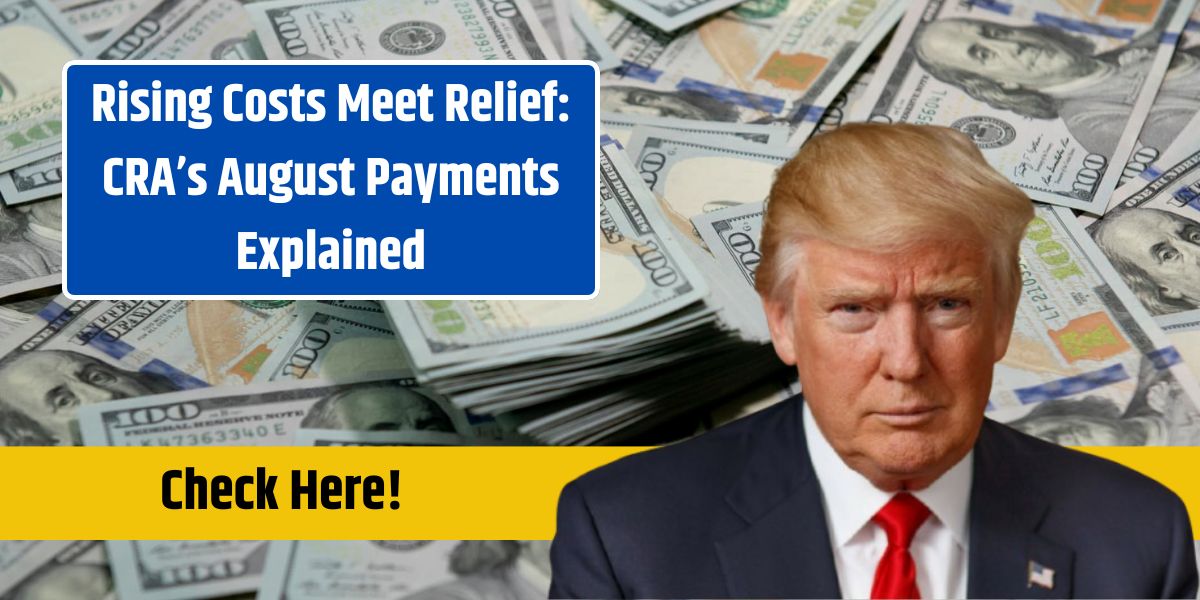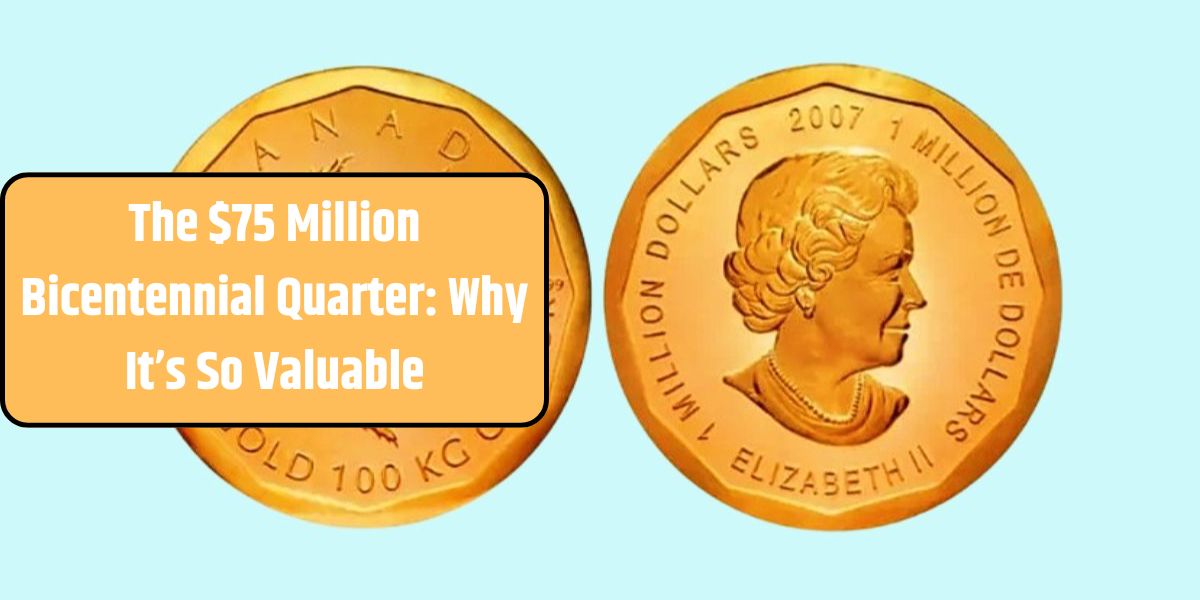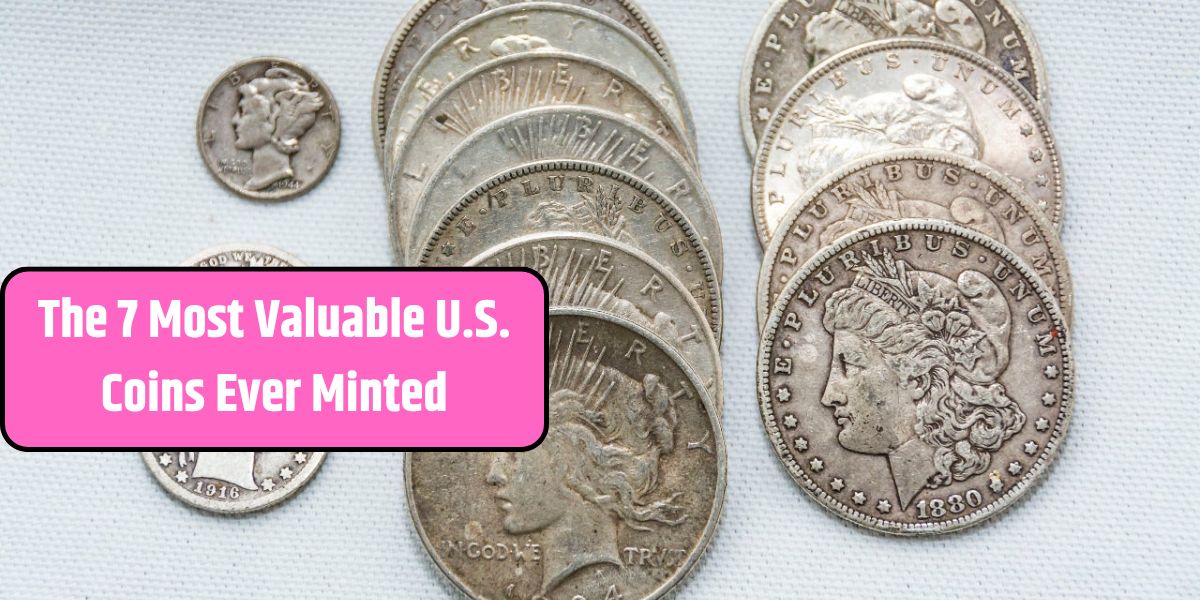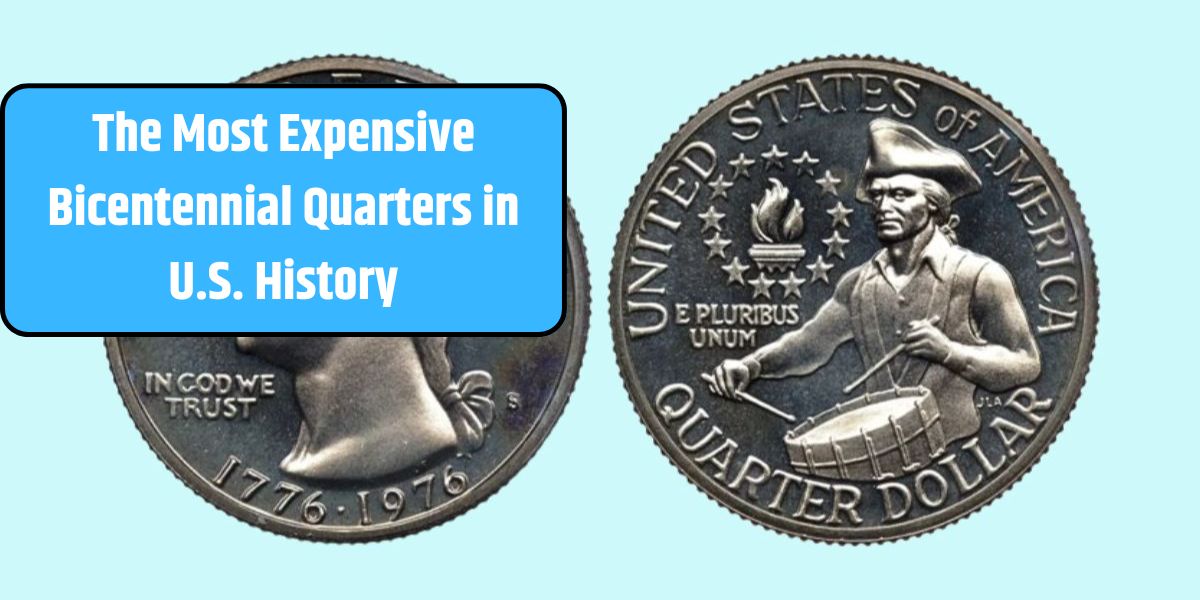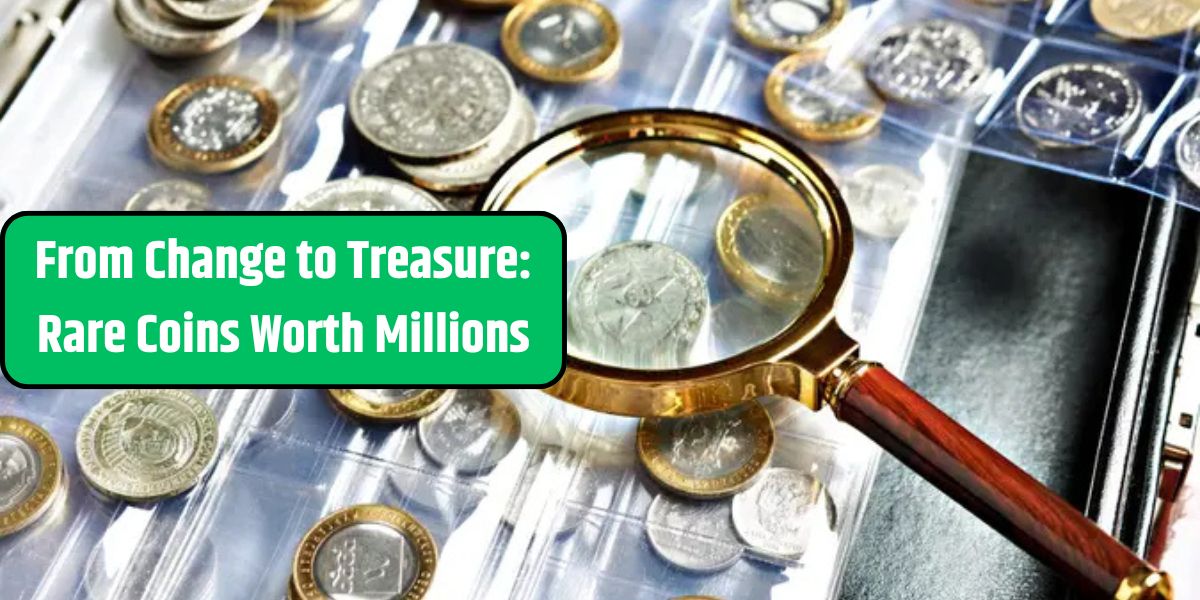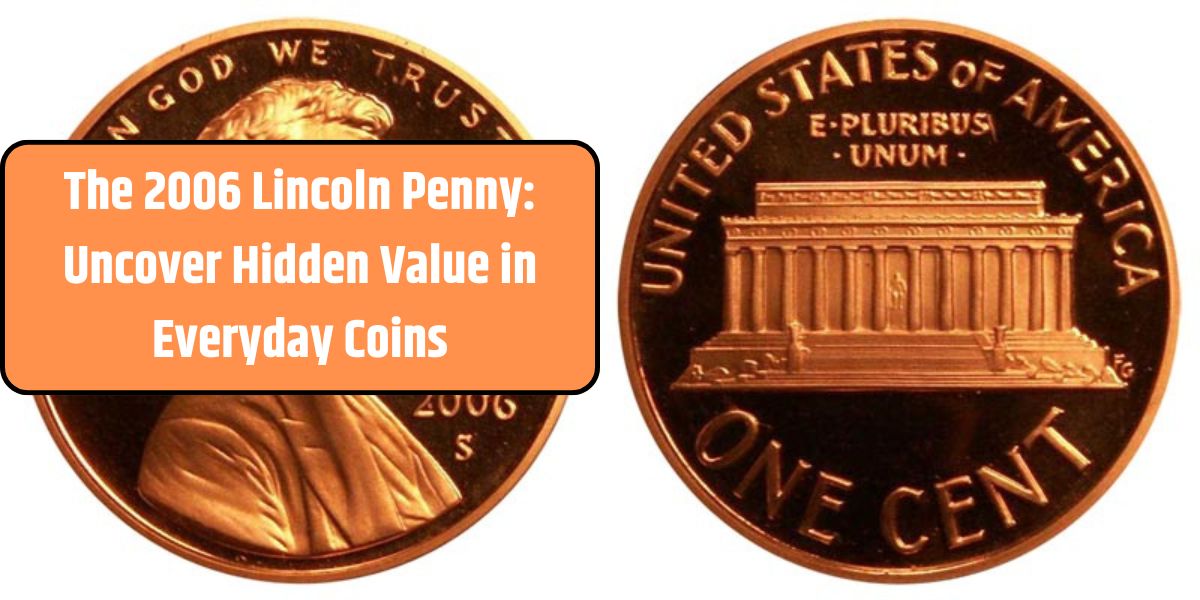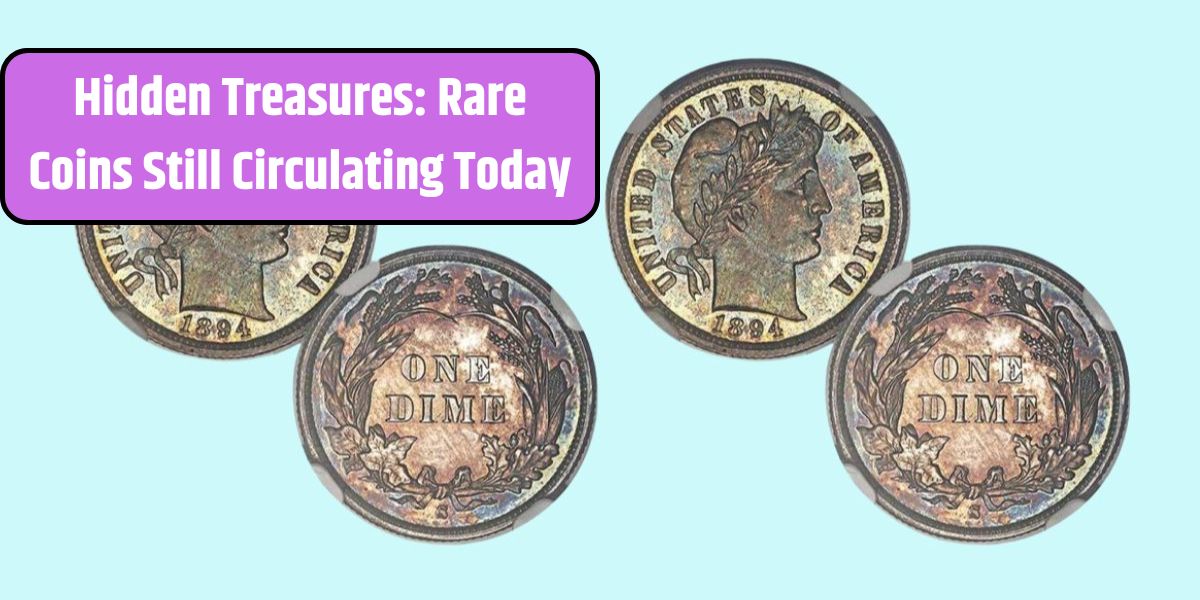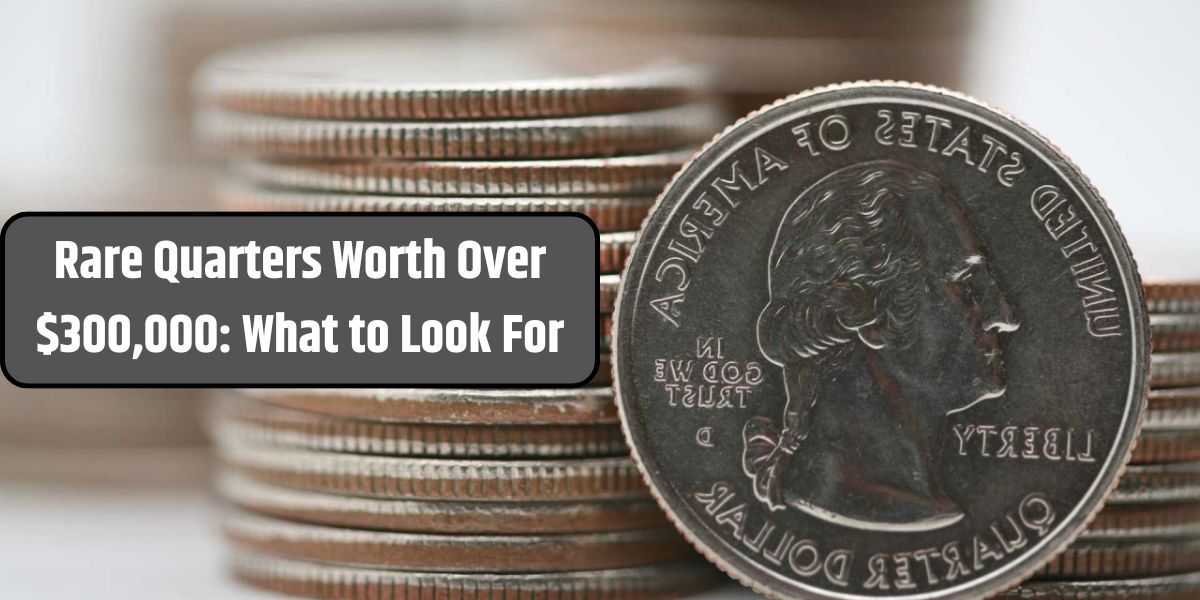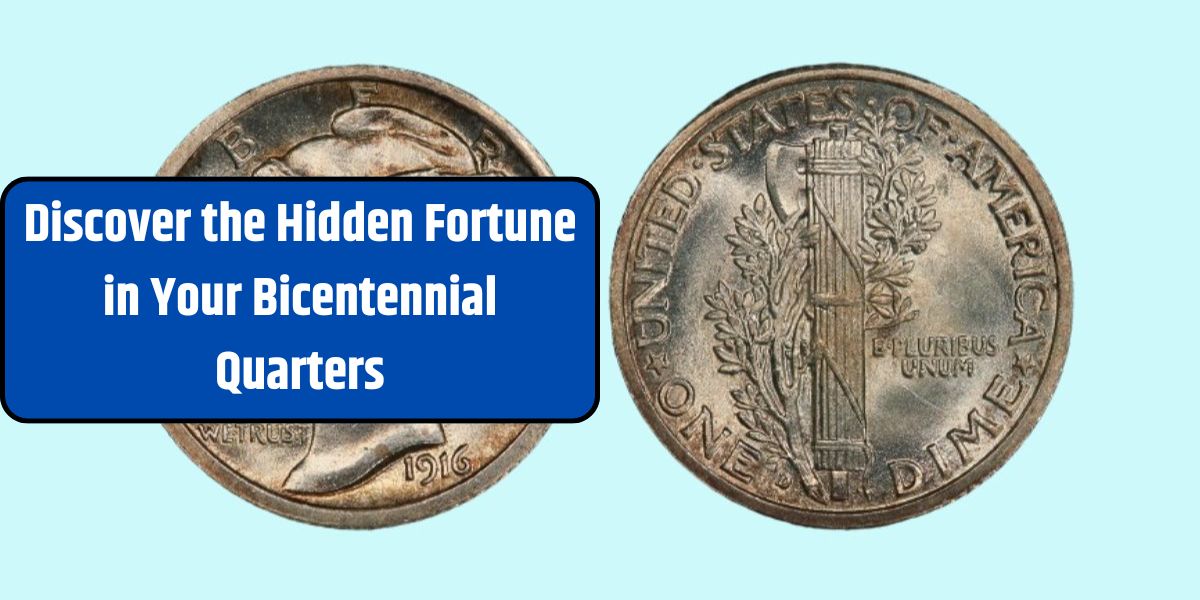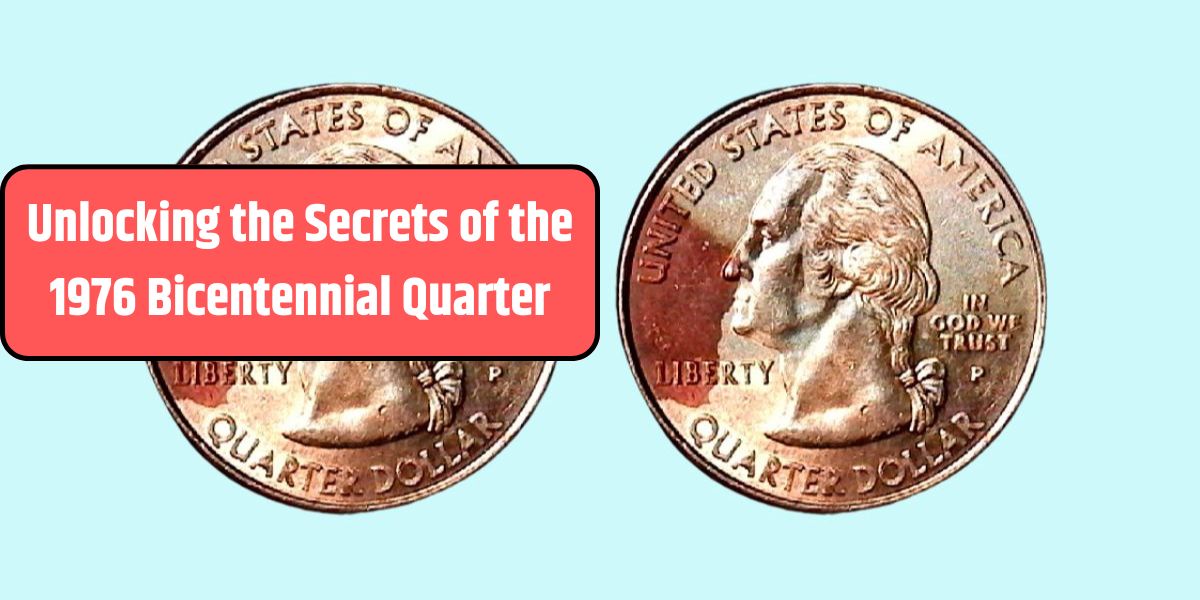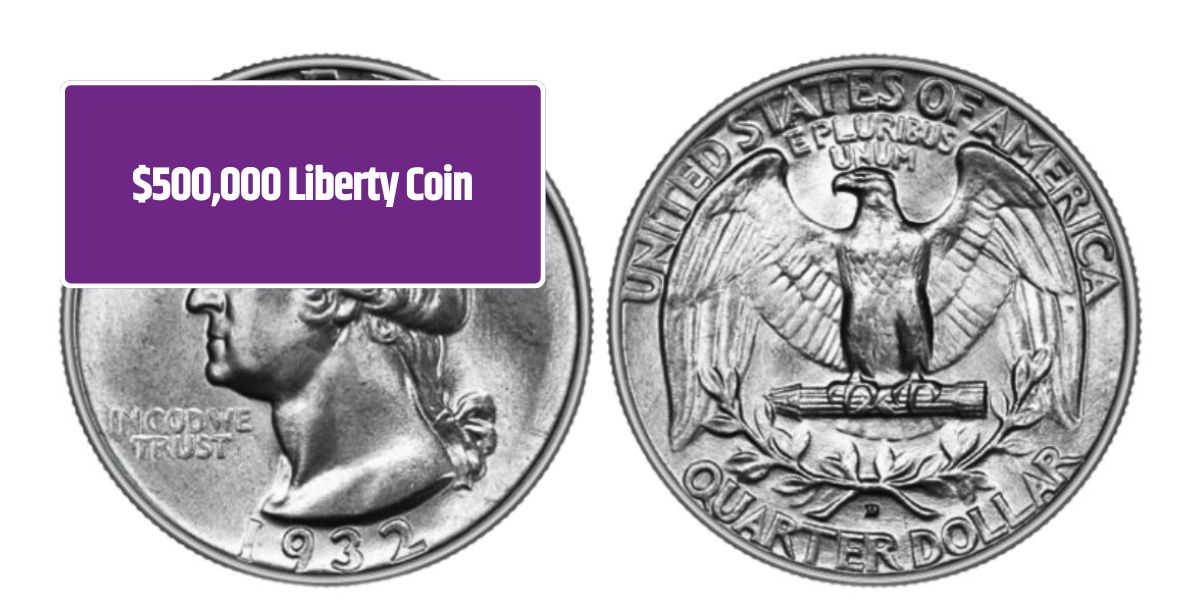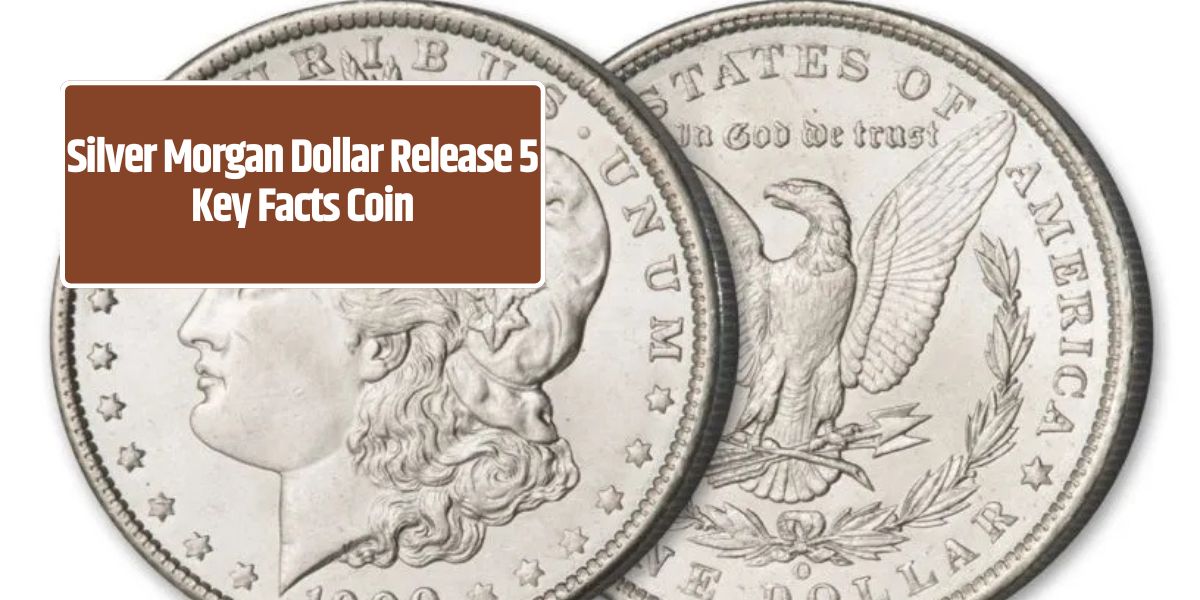The Bicentennial Quarter, minted to celebrate the United States’ 200th anniversary, is a cherished piece of numismatic history. While most of these coins carry only their face value of 25 cents, certain rare versions are highly sought after by collectors and can fetch astonishing prices. Let’s delve into the most valuable Bicentennial Quarters and what makes them so special.
1976-S Silver Proof Quarter: A Collector’s Dream
The 1976-S Silver Proof Quarter is one of the most coveted Bicentennial coins. Specifically produced for collectors, it features a composition of 40% silver, which enhances its appeal. Key attributes include:
- Perfect Proof Grades: Coins graded as “PR70 Deep Cameo” are the pinnacle of perfection and can command prices of up to $25,000.
- Silver Content: The 40% silver adds intrinsic value, making these coins appealing not only to numismatists but also to silver investors.
- Exceptional Finish: The proof finish, with its mirror-like background and frosted design, adds visual allure.
- Rarity in Top Condition: Few examples in flawless condition remain, driving up their value.
1976-S Uncirculated Silver Quarters
Though not as valuable as the proof version, the 1976-S Uncirculated Silver Bicentennial Quarter still garners significant attention. Its value lies in its silver composition and uncirculated condition.
- Market Value: Uncirculated specimens in pristine condition can reach prices exceeding $10,000.
- Appeal to Collectors: These coins attract silver enthusiasts and those passionate about American history.
- Preservation Matters: Coins free from wear and damage are significantly more valuable.
Error Coins: Rare and Fascinating
Error coins from the Bicentennial series are some of the most intriguing and valuable. Mistakes in the minting process make these coins one-of-a-kind.
- Valuable Errors: Examples include doubled dies, off-center strikes, and die cracks.
- Price Range: Depending on the error type and coin condition, these can sell for $5,000 to $50,000.
- Unique Appeal: Each error coin is distinct, adding to its desirability among collectors.
Deep Cameo Contrast: A Special Finish
The 1976-S Bicentennial Quarter with a Deep Cameo finish is especially prized for its striking appearance.
- What is Deep Cameo? A finish that showcases a dramatic contrast between the frosted design elements and the mirrored background.
- Value in Perfection: Flawless specimens can exceed $15,000 in value.
- Rarity Factor: Only a small percentage of these coins exhibit the deep cameo effect in perfect grades.
Philadelphia Mint No-Mintmark Quarters
Although Philadelphia-minted Bicentennial Quarters are more common, some high-grade specimens can still surprise collectors.
- Top Values: Near-mint coins can fetch between $5,000 and $10,000.
- Circulation: These coins are often found in everyday use, making their discovery exciting for casual collectors.
- Condition is Key: Near-pristine coins are rare, as most circulated extensively.
Factors Driving Value
Several characteristics contribute to a Bicentennial Quarter’s worth:
| Factor | Impact on Value |
|---|---|
| Condition | The better-preserved the coin, the higher its value. |
| Rarity | Limited availability, especially in top condition, increases demand. |
| Mint Mark | Coins with the “S” mintmark, especially proofs, are more valuable. |
| Composition | Silver content adds intrinsic worth. |
| Special Finishes | Proof and Deep Cameo finishes command significant premiums. |
Tips for Identifying and Preserving Valuable Bicentennial Quarters
To maximize the value of your Bicentennial Quarters, follow these expert tips:
- Do Not Clean Your Coins: Cleaning can damage the surface and decrease value.
- Look for Mint Marks: Check for the “S” mintmark, especially on proof and silver coins.
- Inspect for Errors: Pay attention to unique striking errors or anomalies.
- Store Properly: Preserve coins in protective cases to avoid scratches or tarnish.
- Seek Professional Grading: Coins certified by professional grading services often fetch higher prices.
A Historic Tribute
The Bicentennial Quarter holds a special place in American history. Featuring the dual dating “1776–1976” and the iconic drummer boy reverse design, it celebrates a monumental milestone in the nation’s story. Beyond its historical significance, this coin offers collectors a chance to own a piece of history with potentially significant monetary value.
Whether you’re a seasoned numismatist or a curious beginner, exploring Bicentennial Quarters adds depth to your appreciation of U.S. coinage. With proper knowledge and care, you might just uncover a valuable treasure in your pocket change.
FAQ:
1. How can I tell if my Bicentennial Quarter is valuable?
Check for mint marks, errors, and proof finishes. Coins with the “S” mintmark or errors like doubled dies are typically worth more.
2. Are all Bicentennial Quarters made of silver?
No, only specific 1976-S proof and uncirculated coins contain 40% silver. Most are composed of copper-nickel clad.
3. Can I find valuable Bicentennial Quarters in circulation?
Yes, but high-value coins are rare. Look for Philadelphia-minted high-grade specimens or error coins.
4. What does the dual date on the Bicentennial Quarter mean?
The dual date “1776–1976” commemorates the 200th anniversary of American independence.
5. Should I get my Bicentennial Quarter professionally graded?
If you believe your coin is in near-perfect condition or has rare errors, professional grading can significantly increase its market value.

